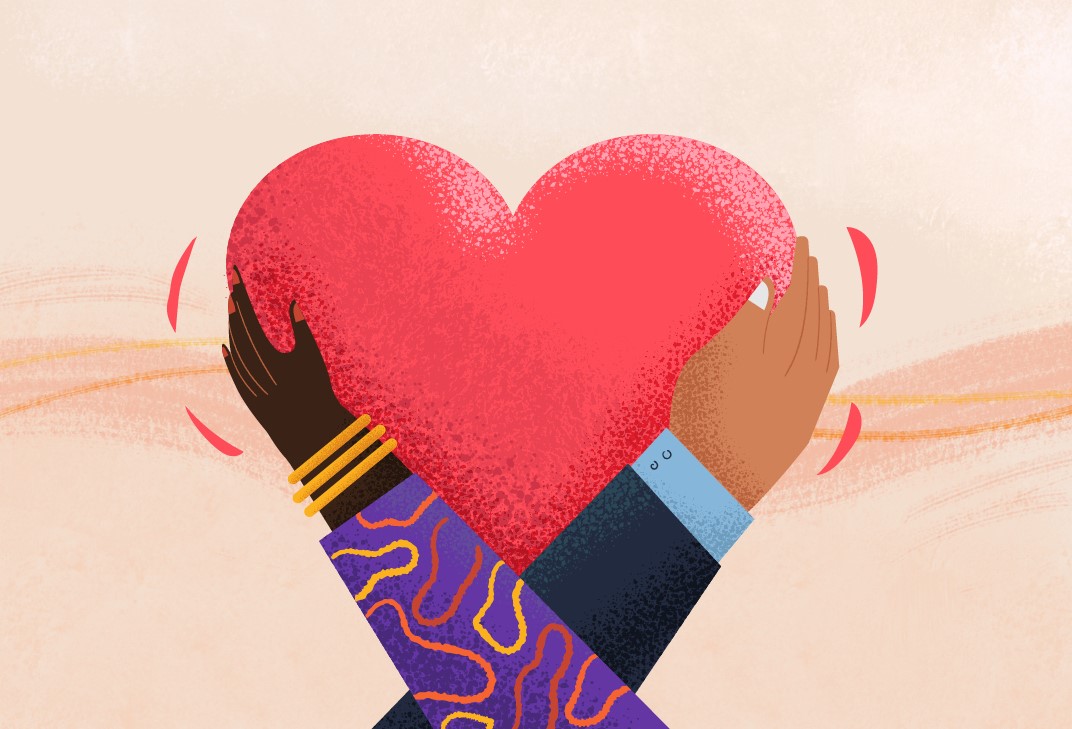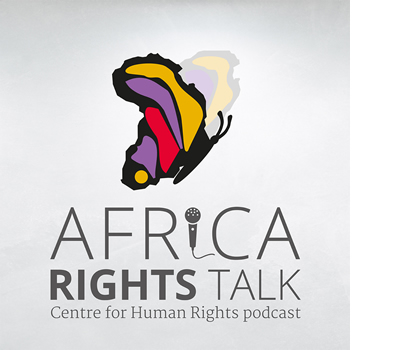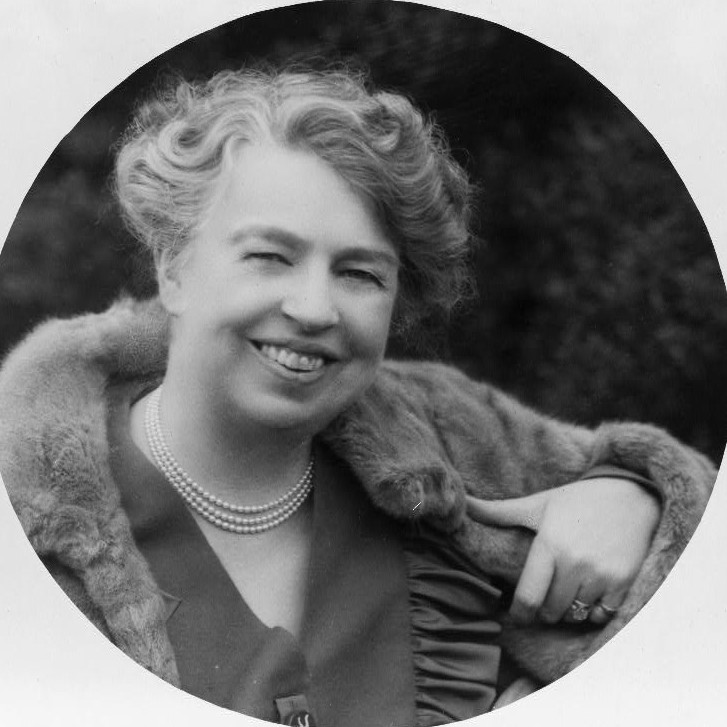
About
Universal Human Rights Month is celebrated in December and intends to recognize the anniversary of the adoption of the Universal Declaration of Human Rights by the United Nations General Assembly on December 10, 1948 ( Which is known as Human Rights Day.)
After the end of World War II, and as a response to the atrocities of the Nazi era, the member countries of the new United Nations, sought to codify the basic rights to which all human beings were entitled.
The adoption of the Declaration was proclaimed as a "common standard of achievement for all peoples and all nations", towards which individuals and societies should "strive by progressive measures, national and international, to secure their universal and effective recognition and observance".
The Universal Declaration of Human Rights states a broad range of fundamental rights and freedoms entitled to all. It guarantees the rights of individuals everywhere, without basing it on nationality, place of residence, gender, national or ethnic origin, religion, language, or any other status.
The Declaration is not a binding document, however, it inspired more than 60 human rights legal sources( like treaties, laws, etc.) Today, almost all UN countries agree on the basic human rights in the Declaration, which is crucial for the human experience.
This year's theme is "Our Rights, Our Future, Right Now."
What is the Universal Declaration of Human Rights?
Human rights are moral principles or norms that describe certain standards of human behavior. According to the United Nations, 30 basic human rights are recognized around the world.
The Declaration consists of 30 articles affirming an individual’s rights. Those articles include rights to life, rights to education, rights to organize, rights to be treated fair, freedom of opinion, expression, thought and
religion. Listen to them HERE















Know Your Rights!
Know your rights and help spread the word: From United Nations Site
- Read and share the Universal Declaration of Human Rights. Find it here in more than 500 languages.
- Watch a video recording of an article of the Declaration in your native language.
- Read a simplified version or the illustrated booklet of the Declaration.
- Watch the Declaration in sign languages.
-
Facing the Future Together: FAQs, Guidance, and ResourcesFrom the Human Rights Campaign
-
How-to resources to help you protect human rightsFrom Amnesty International
-
Know Your Healthcare RightsFrom the Human Rights Campaign
-
Know your rightsFrom American Civil Liberties Union(ACLU)
-
Know Your Rights Under the U.S. Constitution – No Matter Who Is PresidentFrom the National Immigration Law Center
-
Map: Attacks on Gender Affirming Care by StateFrom the Human Rights Campaign
-
Online Safety for LGBTQ+ Young PeopleFrom the Trevor Project
-
Protecting Your Visitation & Decision-Making RightsFrom the Human Rights Campaign
-
Protesters’ RightsFrom ACLU
-
So You Want to Protest: A Beginner’s GuideFrom Seattle Weekly
-
Use Your VoiceFrom the National Coalition Against Censorship
Podcasts
-
#Standup4Migrants
 "We believe there is an urgent need to question and change the way we speak about migrants and migration. How we speak about migrants and migration – the narrative – therefore plays a fundamental role in guaranteeing equality and the human rights of migrants. Stories have the power to uplift, inspire and connect. Through these tales of hope, inclusion and change, we hope to replace narratives of fear, division and exclusion about migrants. One story at a time."
"We believe there is an urgent need to question and change the way we speak about migrants and migration. How we speak about migrants and migration – the narrative – therefore plays a fundamental role in guaranteeing equality and the human rights of migrants. Stories have the power to uplift, inspire and connect. Through these tales of hope, inclusion and change, we hope to replace narratives of fear, division and exclusion about migrants. One story at a time."
-
Africa Rights Talk
 Africa Rights Talk is a Centre for Human Rights podcast series exploring human rights through conversations with academics, practitioners and activists. The Africa Rights Talk series is hosted by Victoria Amaechi. Each episode offers insight into the African human rights system and the state of human rights in Africa, and globally.
Africa Rights Talk is a Centre for Human Rights podcast series exploring human rights through conversations with academics, practitioners and activists. The Africa Rights Talk series is hosted by Victoria Amaechi. Each episode offers insight into the African human rights system and the state of human rights in Africa, and globally.
-
Declarations: The Human Rights Podcast
 Declarations is the human rights podcast coming to you each week from the Centre of Governance and Human Rights, University of Cambridge. Tune in as we explore human rights with people who study them, and people who fight for them, from the UK and around the world.
Declarations is the human rights podcast coming to you each week from the Centre of Governance and Human Rights, University of Cambridge. Tune in as we explore human rights with people who study them, and people who fight for them, from the UK and around the world.
-
Human Rights Talks
 Talking to human rights leaders, re-energizing the international human rights community during a time of upheaval
Talking to human rights leaders, re-energizing the international human rights community during a time of upheaval
-
Justice Matters Podcast
 Justice Matters investigates global human rights issues, from the ethics of AI to the sources of systemic discrimination.
Justice Matters investigates global human rights issues, from the ethics of AI to the sources of systemic discrimination.
-
Rights Back At You
 Amnesty International Canada examines anti-Black racism, policing, and surveillance in a brand-new podcast, Rights Back At You. We delve into stories of resistance and meet the people making change unstoppable. From facial recognition and the right to protest to the war on drugs and defunding the police, this series connects the dots and passes the mic to people building a better future now. Together, we unravel the Canada you think you know and challenge the systems that hold back human rights.
Amnesty International Canada examines anti-Black racism, policing, and surveillance in a brand-new podcast, Rights Back At You. We delve into stories of resistance and meet the people making change unstoppable. From facial recognition and the right to protest to the war on drugs and defunding the police, this series connects the dots and passes the mic to people building a better future now. Together, we unravel the Canada you think you know and challenge the systems that hold back human rights.
-
Rights on the Line
 is an exclusive human rights podcast produced by Front Line Defenders, presenting the voices, perspectives and experiences of human rights defenders (HRDs) at risk and focusing on human rights issues across the globe.
is an exclusive human rights podcast produced by Front Line Defenders, presenting the voices, perspectives and experiences of human rights defenders (HRDs) at risk and focusing on human rights issues across the globe.
-
RightsUp
 RightsUp explores the big human rights issues of the day through interviews with experts, academics, practicing lawyers, activists and policy makers who are at the forefront of tackling the world's most difficult human rights questions.
RightsUp explores the big human rights issues of the day through interviews with experts, academics, practicing lawyers, activists and policy makers who are at the forefront of tackling the world's most difficult human rights questions.
-
Talking Human Rights
 On Talking Human Rights, Leens van Kessel LL.M. talks to all kinds of researchers in the field. Thanks to these experts sharing their knowledge in an accessible way, we all become more informed.
On Talking Human Rights, Leens van Kessel LL.M. talks to all kinds of researchers in the field. Thanks to these experts sharing their knowledge in an accessible way, we all become more informed.


